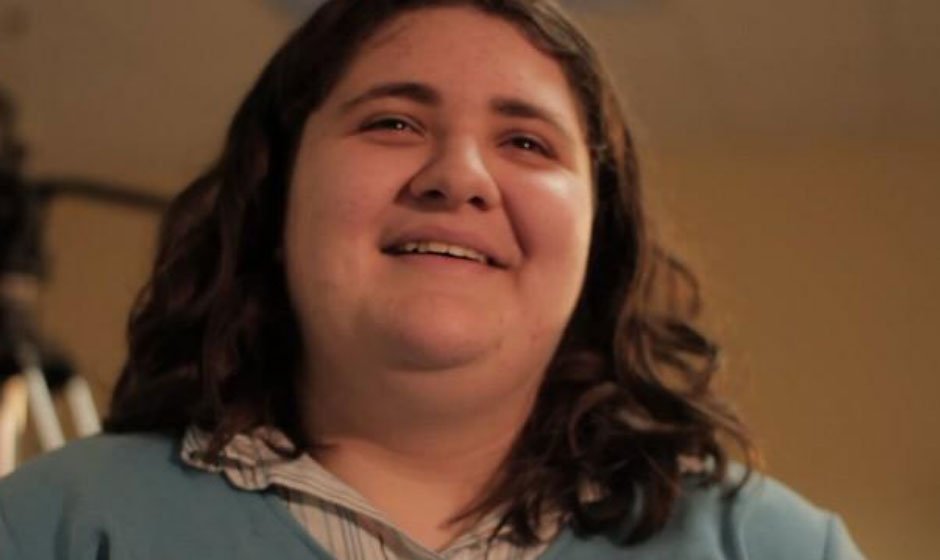While autism is usually identified in childhood, many adults never get a diagnosis, which can affect how they see the world and connect with others. That’s why at Gateway Counseling Center, we’re dedicated to offering programs for adults with intellectual disabilities , including those on the spectrum. We know these adults may have missed out on early support, so our programs focus on giving them the understanding and help they need to navigate life with more confidence and ease.
Recognizing Autism Signs and Symptoms in Adulthood
You may be wondering, “what are the symptoms of autism in adults,”Well, autism discovered in adulthood frequently manifests differently from that of children, making identification challenging. When it comes to adults, the symptoms could be more subdued, concealed by years of coping mechanisms, or mistaken for other illnesses like depression or anxiety.
Social Interaction and Communication Challenges
One of the hallmark autism signs and symptoms in adults is difficulty in relating to others and conveying ideas. It could be difficult for them to read and comprehend social signs, including tone of voice, body language, and facial emotions. This may result in uncomfortable social situations where the person comes across as distant, callous, or disinterested.
Communication challenges might also manifest in an inability to engage in small talk or understand the subtleties of humor and sarcasm. Social isolation may result from friendships or professional interactions that become difficult to maintain. These persistent difficulties frequently result in an adult receiving a diagnosis, which clarifies a lifetime of social difficulties and miscommunications.
Repetitive Behaviors and Restrictive Patterns
Consistent behaviors and inflexible daily habits are commonly observed in adults with this condition. This might be as basic as hand flapping or rocking. It can also be more sophisticated like adhering to a rigid daily schedule. An adult with the condition may, for instance, always take the same route to work, have the same breakfast every day and become agitated when their routines are altered.
These rituals contribute to a sense of predictability in an otherwise overwhelming world. They can, however, also make it challenging to explore novel experiences or adapt to changes. Understanding the significance of these behaviors depends on identifying them as indicators of the condition.
Focused Interests and Activities
Adults on the spectrum can acquire intense, narrow interests in particular subjects, often to the extent of becoming subject matter experts. These interests could be in computer programming, astronomy, rail timetables, or even more specialized areas. These interactions can bring you a lot of happiness and fulfillment. However, they can also become completely consuming, making it hard to balance other facets of your life.
For some, these interests lead to successful careers, particularly in fields that value detailed knowledge and expertise. For others, however, this could result in difficulties sustaining relationships. Comprehending this facet of the illness enables us to recognize the advantages and difficulties linked with such narrowly focused pursuits.
Sensory Sensitivity and Processing Differences
Sensory sensitivity is a common characteristic among adults with the condition. This can include hypersensitivity to lights, noises, textures, or scents, as well as issues with sensory processing, which arise when the brain has trouble correctly interpreting sensory data. For example, a grown-up with on the spectrum may have a sensitivity to specific fabrics, find fluorescent lighting unbearable, or become overwhelmed by loud sounds.
This means that many adult autistic people may require adjustments to manage their sensory sensitivity or look for environments that are sensory-friendly. Enhancing one’s quality of life requires acknowledging and meeting these requirements.
Autism Symptoms in Adult Women
Men and women with autism present differently. Often, this leads to an underdiagnosis. Women are more likely to inhibit their natural reactions or mimic social behaviors in an attempt to disguise their symptoms and fit in. This tendency, referred to as “masking,” can lead to chronic stress, anxiety, and even burnout.
Additionally, women may have fewer obvious symptoms. This makes it more difficult to diagnose the illnesses. They may be better at reading social cues, have close relationships with others, or be excellent communicators verbally, but these skills frequently come at a high personal cost. To guarantee that adult women receive the attention and assistance they require, it is essential to comprehend the distinct way in which their symptoms manifest.
Diagnosing Autism in Adults: Available Testing Methods
Diagnosing autism markers in adults is a complex process requiring multiple steps. Often, individuals begin by completing a self-evaluation or screening tool to identify potential related patterns. However, a thorough evaluation by a licensed mental health practitioner, such as a psychiatrist or clinical psychologist, is necessary for a conclusive diagnosis.
Typically, this assessment entails a thorough investigation of the person’s past developmental experiences, behavioral tendencies, and present difficulties. Standardized diagnostic tools like the Autism Diagnostic Observation Schedule (ADOS) and Autism Diagnostic Interview-Revised (ADI-R) may also be employed to assess specific behaviors.
It is essential to distinguish this condition from others that share similar symptoms, including social anxiety disorder, obsessive-compulsive disorder, and ADHD. An accurate diagnosis is crucial for accessing appropriate support services and resources, such as specialized programs designed for adults with the condition.
Living with Autism as an Adult
Autism comes with its own set of difficulties, but people can have happy, fulfilled lives if they receive the right help. Services like counseling, social skills training, and job assistance can greatly help adults. Support groups provide a chance to connect with others who share similar experiences.
Workplace adjustments, like flexible schedules and sensory-friendly environments, can help them succeed in their careers. Understanding and support from family, friends, and coworkers are also crucial for reducing stress.
Getting diagnosed as an adult can be very rewarding. It brings self-awareness, guidance, and strategies for handling life’s challenges. With the right tools and support, you can manage your symptoms and lead fulfilling lives.
Conclusion
Adults with autism may face difficulties and require more assistance. Acquiring professional evaluation, identifying adult autism symptoms, and locating appropriate support services are essential. Whether diagnosed in childhood or later in life, people with disabilities are capable of amazing things and can have fulfilling lives if given the right support and opportunities.





